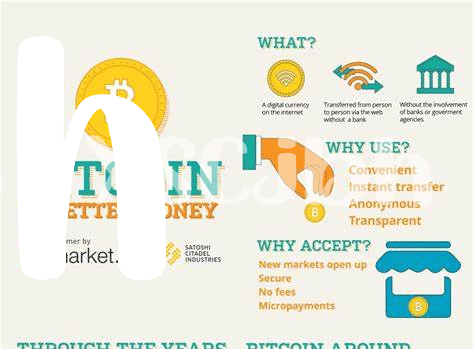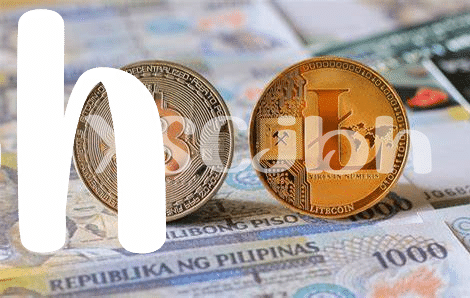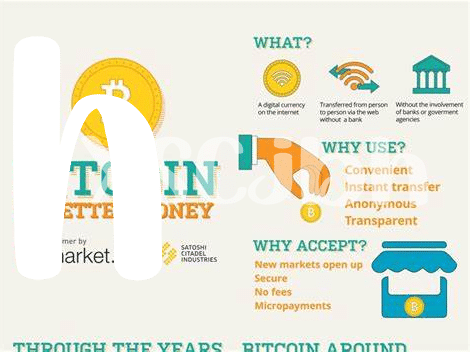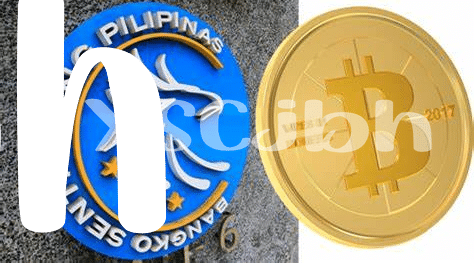Bitcoin Regulation in the Philippines 💡

Bitcoin regulation in the Philippines is a dynamic landscape shaped by the interplay of various factors. The regulatory framework surrounding Bitcoin is a reflection of the government’s stance towards digital currencies, with a focus on fostering innovation while ensuring consumer protection. This approach has resulted in a framework that seeks to balance the potential of Bitcoin as a disruptive technology with the need for regulatory oversight to mitigate risks.
| Regulatory Body | Role |
|———————-|——————————————-|
| Bangko Sentral ng Pilipinas | Central bank regulating virtual currencies |
| Securities and Exchange Commission | Supervises cryptocurrency securities |
The cryptocurrency ecosystem in the Philippines is evolving, with regulators actively engaging with industry stakeholders to develop policies that promote responsible adoption and protect investor interests.
Key Regulatory Bodies and Their Roles 🏛️
In the realm of Bitcoin regulation in the Philippines, understanding the roles of key regulatory bodies is paramount. The Securities and Exchange Commission (SEC) takes charge of overseeing securities-related activities, ensuring investor protection, and promoting market integrity. On the other hand, the Bangko Sentral ng Pilipinas (BSP) focuses on regulating virtual currency exchanges, including licensing and monitoring their operations. These bodies play vital roles in shaping the regulatory landscape for Bitcoin investors, providing guidance and enforcing compliance measures that help uphold the integrity of the market. By comprehending the functions of these regulatory entities, investors can navigate the evolving regulatory framework with confidence and clarity.
Navigating the cryptocurrency space requires a keen awareness of the roles and responsibilities of regulatory bodies. The interplay between the SEC and BSP dictates the compliance requirements for Bitcoin investors, guiding them on the legal status of their activities within the Philippines. Understanding how these bodies collaborate and enforce regulations is essential for ensuring transparency and trust in the burgeoning Bitcoin market. As investors strive to align with regulatory guidelines and navigate potential challenges, staying informed about the evolving roles of key regulatory bodies is crucial for making informed investment decisions and contributing to a secure and thriving Bitcoin ecosystem.
Current Legal Status of Bitcoin 📜

Bitcoin’s legal status in the Philippines is a dynamic landscape that continues to evolve as authorities navigate the complexities of regulating this digital asset. The country has exhibited a proactive approach towards embracing financial technology, with the Securities and Exchange Commission (SEC) recognizing cryptocurrencies as securities under certain conditions. Additionally, the Bangko Sentral ng Pilipinas (BSP) has issued guidelines to govern virtual currency exchanges, providing a framework for their operations within the country. These regulatory developments demonstrate a concerted effort to balance innovation with consumer protection in the rapidly expanding cryptocurrency market.
Compliance Requirements for Investors 📝

When it comes to investing in Bitcoin in the Philippines, understanding and following compliance requirements is crucial for investors. Staying abreast of the regulatory landscape set by the relevant bodies ensures that investors operate within the legal framework and mitigate potential risks. To navigate these requirements effectively, investors can refer to resources such as a comprehensive guide on compliant Bitcoin investing in Rwanda. This guide offers valuable insights into regulatory guidance on Bitcoin investments, providing a roadmap for investors to align with the regulatory environment. By being proactive in adhering to compliance requirements and seeking guidance, investors can enhance their investment strategies and contribute to a more secure and compliant ecosystem for digital asset investments.
Tips for Navigating Regulatory Challenges 🚧
Point 5:
Navigating regulatory challenges in the fast-evolving landscape of Bitcoin in the Philippines can seem daunting, but it doesn’t have to be a roadblock. One key tip is to stay informed about any updates or changes in regulations by regularly checking the websites of relevant regulatory bodies. It’s also advisable to seek guidance from legal professionals with expertise in cryptocurrency laws to ensure compliance. Developing a solid understanding of the current regulatory framework and actively engaging with industry peers can provide valuable insights and support. Additionally, maintaining detailed records of transactions and keeping communication lines open with regulatory authorities can help in navigating any uncertainties that may arise. By staying proactive, adaptable, and well-informed, investors can effectively navigate regulatory challenges and seize opportunities in the dynamic world of Bitcoin investments.
| Regulatory Challenges | Guidance |
|---|---|
| Stay Informed | Regularly check regulatory bodies’ websites. |
| Legal Assistance | Consult legal professionals for compliance. |
| Industry Engagement | Interact with peers and stay updated. |
| Recordkeeping | Maintain detailed transaction records. |
| Communication | Keep open lines with regulatory authorities. |
Future Outlook for Bitcoin Regulation in Philippines 🔮

As the landscape of Bitcoin regulation in the Philippines continues to evolve, it is crucial for investors to stay informed and adaptable. The future outlook for Bitcoin regulation in the country presents a dynamic scenario marked by ongoing developments in technology and global regulatory trends. With increasing interest and participation in the cryptocurrency market, regulatory bodies are expected to enhance their frameworks to ensure investor protection and market stability. This evolution may bring about new compliance requirements and guidelines that investors need to navigate effectively. By proactively staying abreast of regulatory changes and seeking expert guidance, investors can position themselves strategically in the evolving cryptocurrency market landscape. The collaboration between regulatory bodies, industry stakeholders, and investors will play a vital role in shaping the future regulatory environment for Bitcoin in the Philippines.
Regulatory Guidance on Bitcoin Investments in Rwanda
